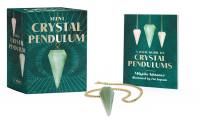Draft: How to Celebrate the Spring Equinox
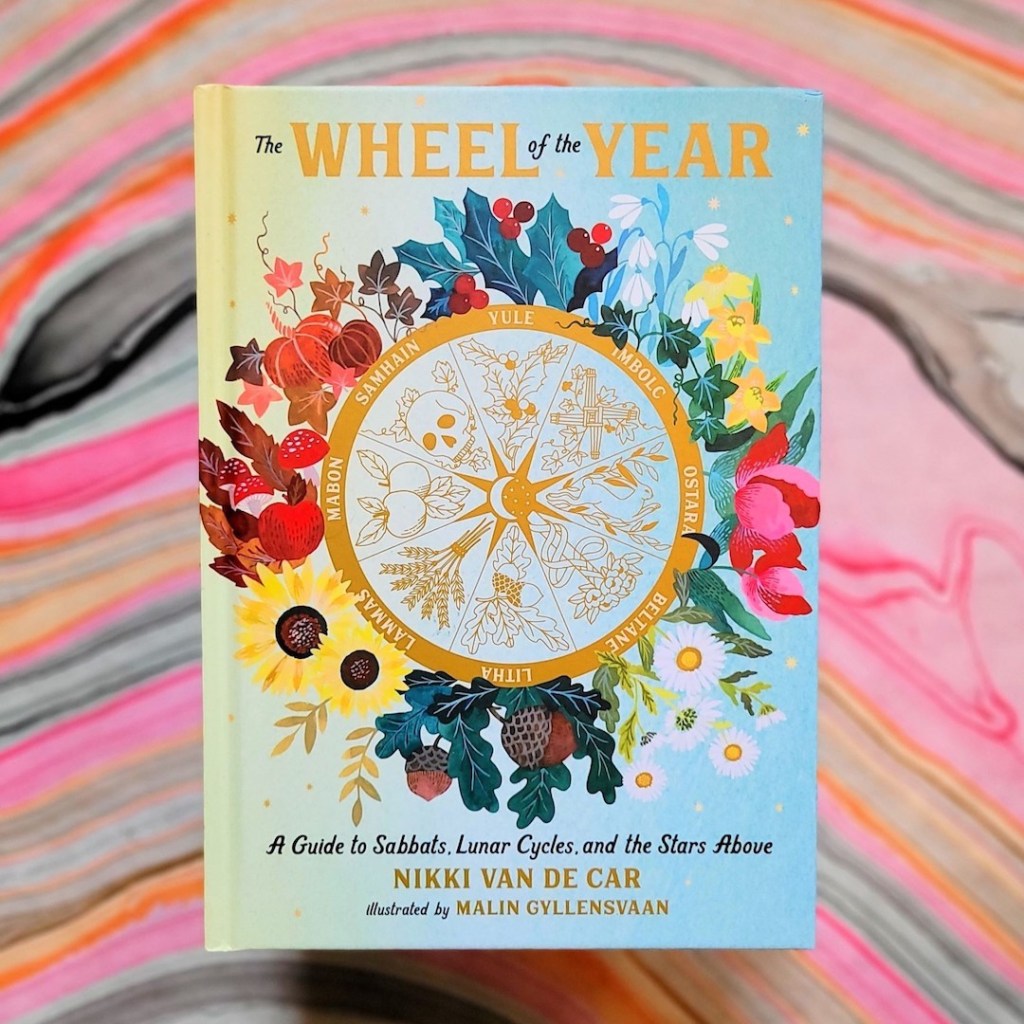
The spring equinox, better known as Ostara in the mystical world, marks the midpoint between the height of winter and the height of summer.
Here’s how Nikki Van De Car describes it in The Wheel of the Year: A Guide to Sabbats, Lunar Cycles, and the Stars Above:
The length of day is equal to the length of the night, as everything is held perfectly in balance. Ostara feels like a held breath, a moment of tension—a fulcrum just about to tip over into the ease of the coming summer’s warmth.
Here’s another perspective on Ostara from Erika Kubick’s Cheese Magic: Seasonal Recipes, Plates, and Pairings:
Ostara marks the official end of winter. It’s a celebration of new life as the earth awakens out of its deep slumber and green sprouts spring from its surface. While powerful fertile energy beckons the return of life, our planet is at an equilibrium…Though the scales are tipping into the kingdom of the sun, the shadow realm remains; for it is only in darkness that light may rule.
With all of this in mind, keep reading to discover mystical rituals for the spring equinox that cover themes like growth, rebirth/renewal, finding balance, and more.

Start Fresh with Journal Prompts
Journaling is a powerful way to connect with your inner self, and a grounding way to start working with the energy of the spring equinox.
These journal prompts from Sacred Seasons: Nature-Inspired Rituals, Wisdom, and Self-Care for Every Day of the Year by Kirsty Gallagher are intentionally made for the spring equinox:
- Where do you feel most out of balance in your life right now?
- How have you been playing small, and how are you now ready to shine?
- What is stirring within you, wanting to be brought to life?
- What change/s do you want to make in your life as you emerge into spring?
- If you could allow one thing to burst into life right this moment, what would that be?
- What qualities and beliefs do you want to embody and allow to grow within you over spring?
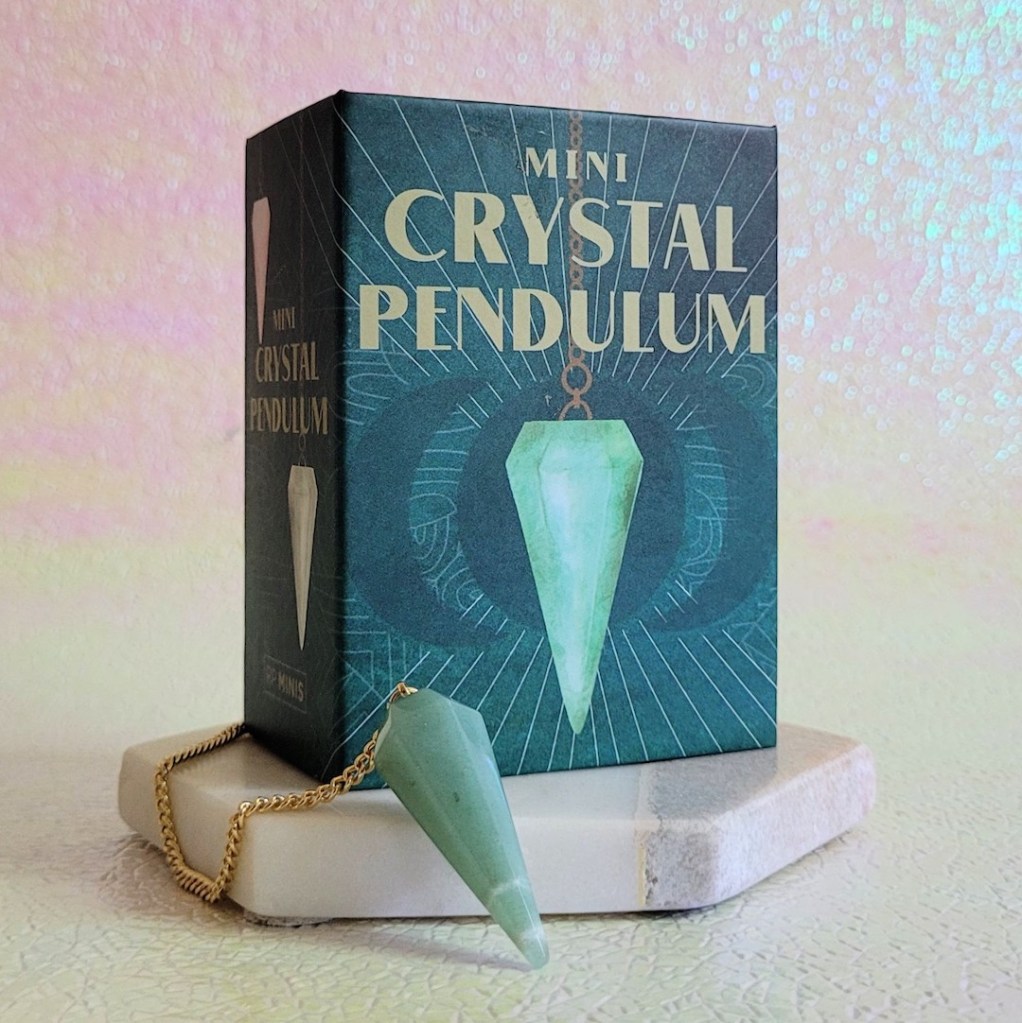
Find Balance with Pendulum Divination
Now that you’ve reflected on things through journaling, glean hidden truths and center yourself with the practice of pendulum divination. This ancient practice works by tapping into your own intuition, allowing the pendulum to dangle freely as it provides “yes” and “no” responses.
While a pendulum could be anything with a string and a weight, we especially love the Mini Crystal Pendulum because it features Jadeite, a crystal “associated with tranquility, serenity, courage, balancing the emotions, and releasing negative feelings.”
Here’s an excerpt from the included mini book on how to charge your pendulum so it’s ready for divination:
Once you’ve cleansed your crystal, you can charge it with your energy. This is a straightforward process: Clear your mind, try not to dwell on any stress or negativity, and sit with the crystal. Feel it growing warm with your touch. Meditate on what you’d like to accomplish with it; you may even want to speak a mantra out loud. Once you feel sufficiently centered, grounded, and connected—it could be a few minutes, or maybe more—you’ll be ready to go.
Now that your pendulum is cleansed and charged, here are some ways to work with it that align with the energy of the spring equinox:
You can ask emotional questions like: Is the path I’m on fulfilling me? Am I being true to myself? Am I honoring my creativity? Is my energy blocked in any way? Is there pain that I’m holding onto needlessly? Think of it like guided meditation—it’s a good way to check in with yourself; just be sure to be gentle.

Find Renewal with a Spring Cleaning Ritual
Just like we’re working to clear the cobwebs within ourselves, our home deserves the same treatment. Here’s a magical spring cleaning ritual from Nikki Van De Car’s Ritual: Magical Celebrations of Nature and Community from Around the World.
Cleaning may not sound particularly magical, but it can be one of the most empowering practices in your witchy life, partly because it involves taking something we do every day—or almost every day—and transforming it from the mundane into the marvelous.
Start with a sweeping spell. Work from the corners of your room, using your broom to gather dust, hair, and dirt tracked in from the outside, as well as energy that has amassed, bringing it all to the center of the room. As you collect this debris in your dustpan, visualize the stagnant energy being swept up with it all. Of course, there is no dustpan on earth that lets us collect all of it—but that’s all right. Gather what you can, and when you dispose of it, let everything go—the dirt and detritus that has amassed literally in your home and metaphorically in your life. Release it.
Next, wash your windows. This is a chore that most of us don’t do nearly often enough, and it’s so important. It allows us to literally let in light and positivity. Use a mixture of equal parts white vinegar and water to scrub away all that has been blocking you, all the buildup around you. In cleansing your space, you are cleansing yourself.
See if you can go through all your various spring cleaning chores in the same way, using your intentions and your energy to unclog, clear, and remove everything that has grown dusty or stagnant, both within and without.
When you’ve finished, you can make a cleansing spray or use a diffuser with the following essential oils:
- Lemon to symbolize light and the sun
- Tea Tree for purifying
- Mint for clarity
Let their scents fill you as you breathe deeply and calmly, at peace in your space. You are ready to let in new energy and possibilities.
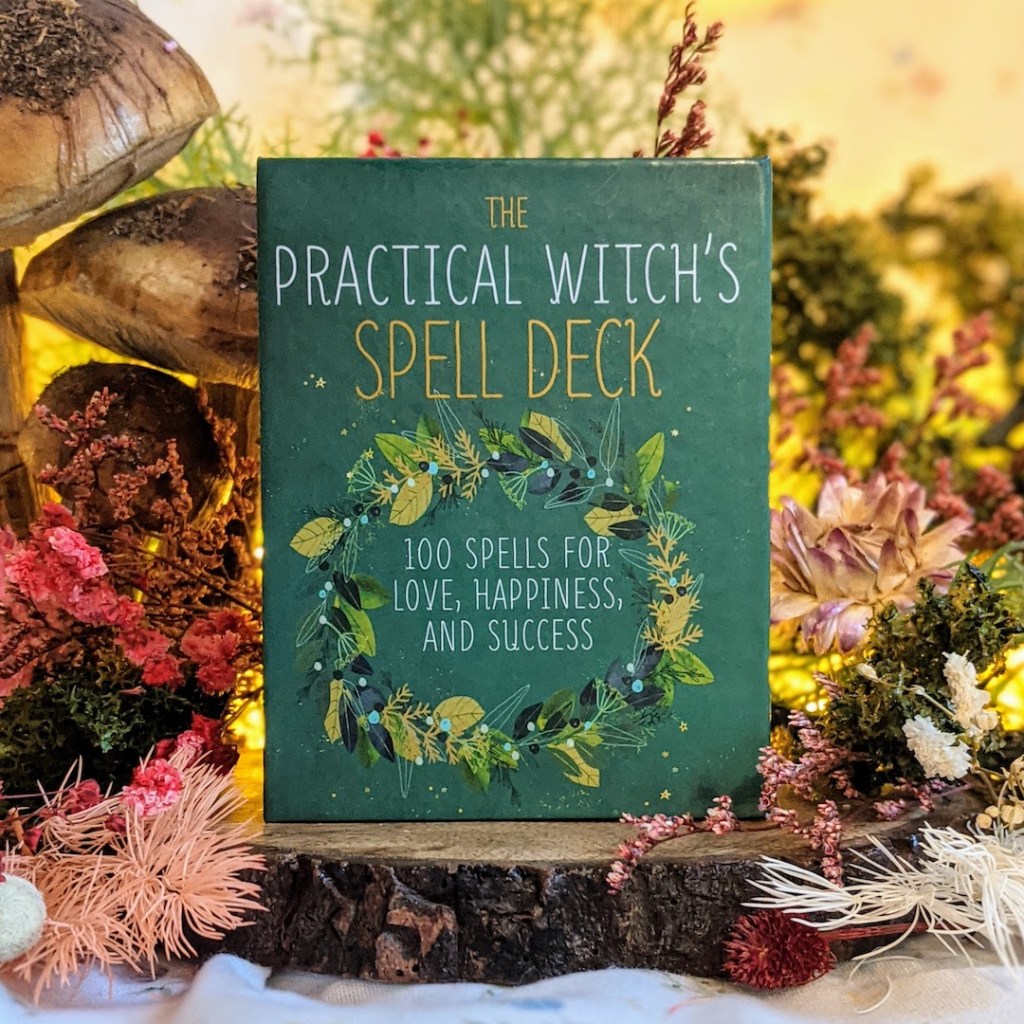
Manifest Abundance with a Money Magic Ritual
Since the spring equinox is a time of growth, it can be a powerful time for manifesting abundance by practicing money magic. In Weed Witch: The Essential Guide to Cannabis for Magic and Wellness, author Sophie Saint Thomas writes that Ostara “is a beautiful time to cast spells for attracting new love or money, anything that involves growth.”
For this, we turn to a ritual from The Practical Witch’s Spell Deck by Cerridwen Greenleaf:
Cauldron Money Magic
To attract more money into your life, fill a pot partially with fresh water and place it on your altar. Light a green candle and pour an offering of chamomile and mint tea into the pot. Pray aloud:
I call upon you, Gods and Goddesses of old,
Please come and fill my pot with gold.
With harm to none and blessings to thee,
I honor you for bringing me health and prosperity.Afterward, pour the water into your garden and imbue your home with the cauldron money magic.

Reclaim Your Purpose with a Tarot Spread
Since the spring equinox is a time of new beginnings, it’s an ideal time to remind yourself of your purpose in life.
For this, we turn to a 3-card spread from Your Magical Journal: A Place for Self-Reflection, Spellwork, and Making Your Own Magic by amanda lovelace.
Use whichever tarot deck resonates with you most, or pick from one of our tarot decks.
do this three-card spread to help guide you out of the woods. interpret each card individually and then see if you can find any connections across the cards—not just in their meanings, but in their illustrations and symbols. what do they tell you? some symbols have common meanings you can find with a quick search, though your own personal associations are often much more powerful.
- Card 1: what is my purpose?
- Card 2: which action can i take right now in order to live up to my fullest potential?
- Card 3: a message to empower me on my current path
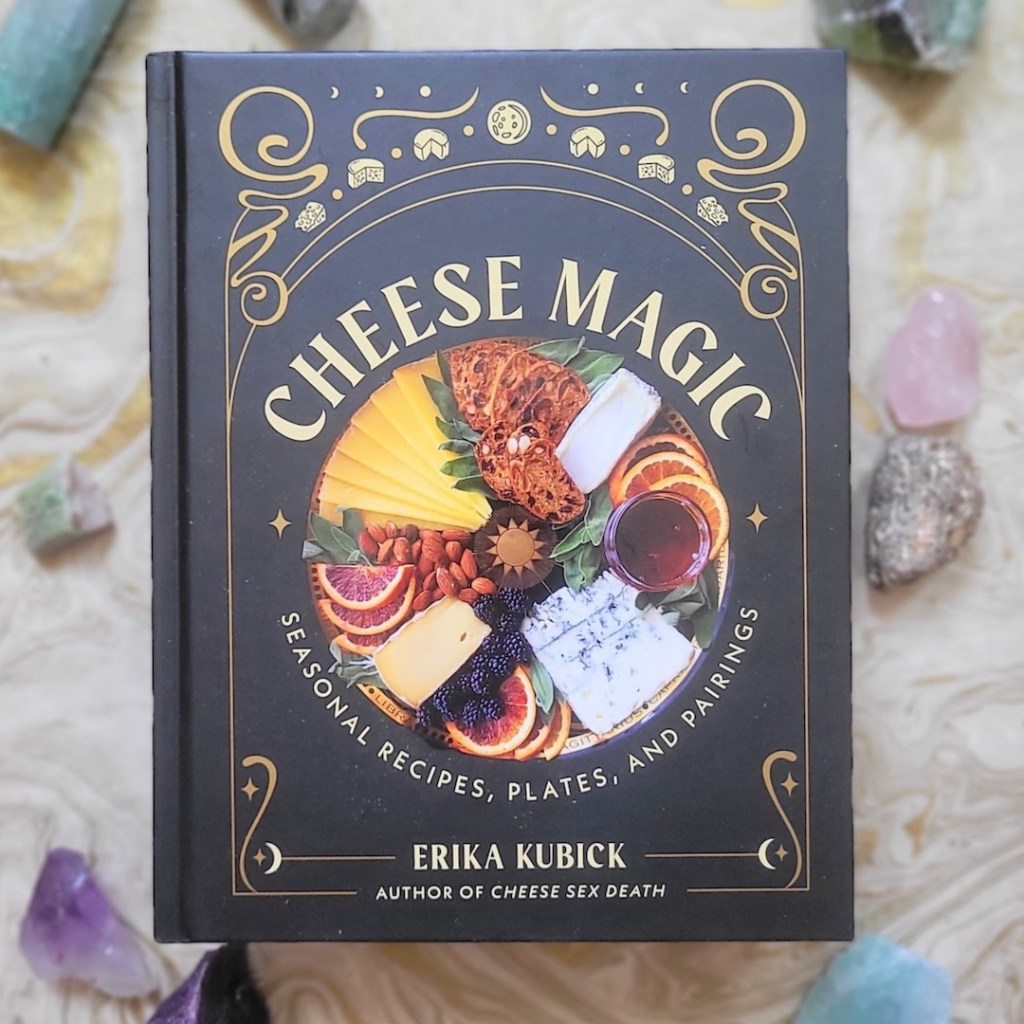
Harvest New Intentions with a Cheese Magic Recipe
As many mystics know, preparing food is a magical ritual in and of itself. Since eggs represent new life, this particular recipe from Cheese Magic: Seasonal Recipes, Plates, and Pairings is a powerful way to work with the magic of Ostara and the spring equinox.
As you prepare the dish, keep in mind this manifestation ritual described by author and recipe creator Erika Kubick: “As you steam, peel, and devil, whisper with an invocation of whatever it is you wish to bring to harvest. Ask the egg to fertilize the soil of your intention.”
Blue Cheese Deviled Eggs
Ingredients
- 1 dozen large eggs
- ½ cup mayo, at room temperature
- 2 tablespoons unsalted butter, at room temperature
- 2 teaspoons horseradish
- 2 tablespoons chives chopped, plus an extra teaspoon for garnish
- 3 ounces creamy blue cheese, plus an extra ounce for garnish
- Kosher salt and freshly ground black pepper
- Paprika, to garnish
Directions
- Steam the eggs: Fill a pot with enough water to reach the bottom of a steam basket. Place the basket inside the pot and bring the water to a boil.
- Place the eggs in a single layer at the bottom of the basket. Set a timer for 15 minutes. While the eggs are cooking, set up an ice bath: fill a large bowl halfway with ice and then fill the rest of the bowl with cold water.
- Once the eggs are cooked, transfer them to the ice bath and let chill for 10 minutes.
- Carefully peel the eggs, then cut each in half. Scoop the yolks into a medium mixing bowl and set the whites aside.
- To the bowl with the yolks, add the mayo, butter, horseradish, and chives and mash with a fork until smooth.
- Crumble the blue cheese into a small bowl, and microwave at 5-second intervals until the cheese is softened. Let cool for a minute.
- Add the blue cheese to the yolk mixture and continue mashing until smooth. Taste and season with the salt and pepper.
- Scoop the yolk mixture into a pastry bag or plastic bag, and cut ¼ inch off of the corner.
- Sprinkle the egg whites with a pinch of salt. Fill with the yolk mixture just before serving.
- Garnish with a sprinkle of paprika, chives, and a touch of crumbled blue cheese.
Dive Deeper
Featured Titles
Related Articles
Featured Content
-
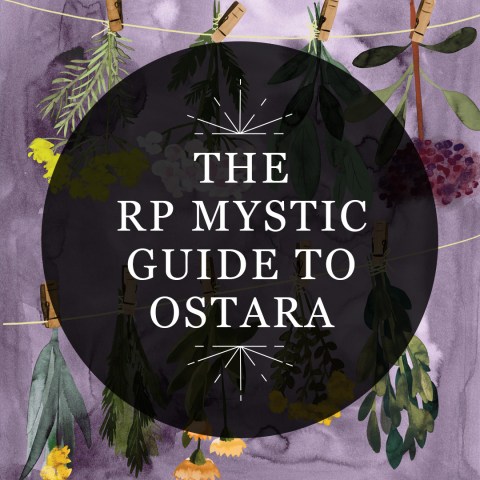
The RP Mystic Guide to Ostara
-

Magical Celebrations for Spring from Ritual by Nikki Van De Car
-
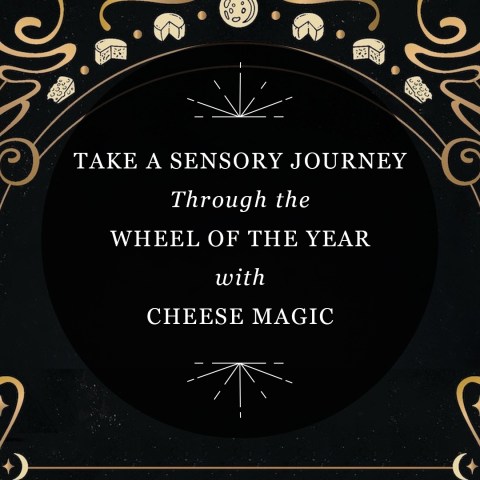
Take a Sensory Journey Through the Wheel of the Year with Cheese Magic
-

Get to Know the Wheel of the Year: An Excerpt of Sacred Seasons by Kirsty Gallagher
-

Meet make your own magic by amanda lovelace
-
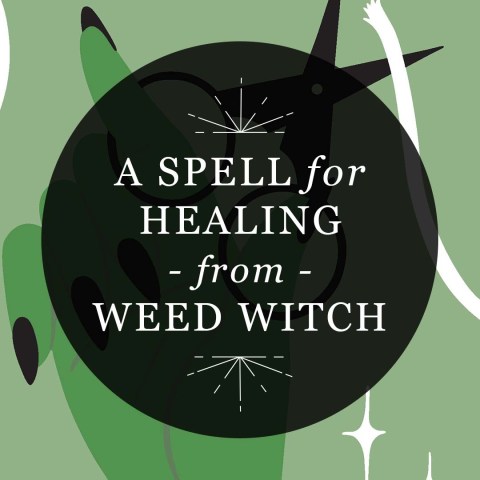
A Spell for Healing from Weed Witch



